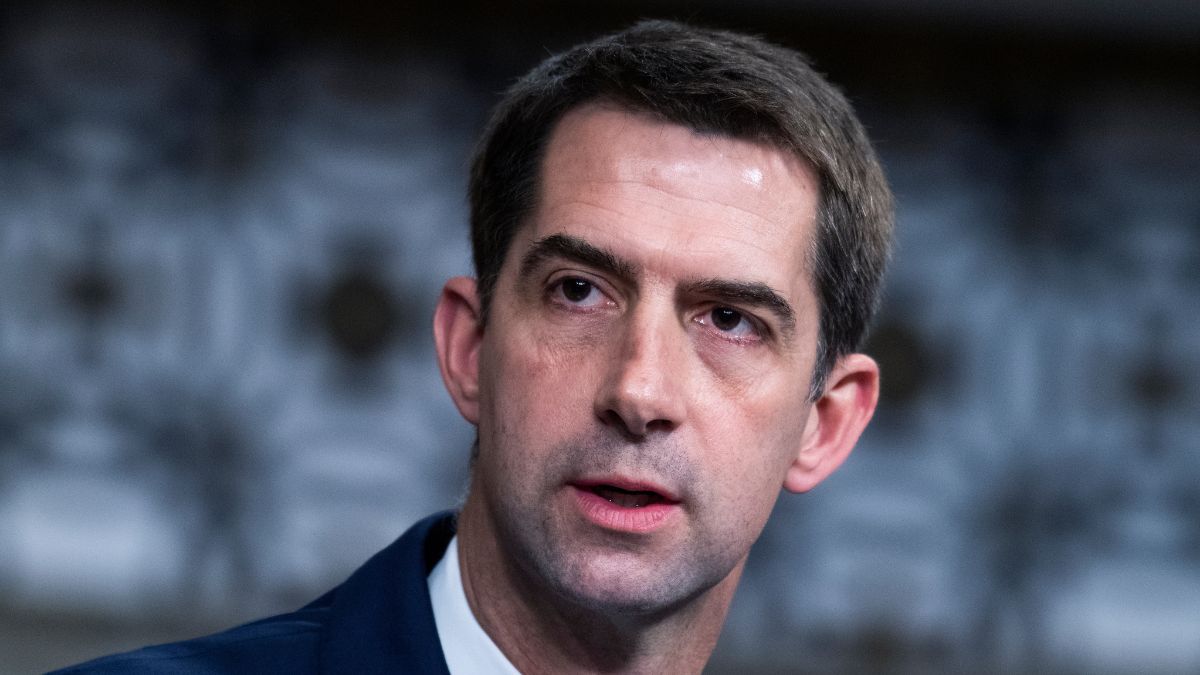Women’s infertility is Big Pharma’s cash cow


Falling birth rates have become a national obsession — for good reason. The U.S. fertility rate has plunged to 1.6 births per woman, well below the 2.1 replacement rate.
Live Your Best Retirement
Fun • Funds • Fitness • Freedom
Earlier this year, the Trump administration floated proposals to reverse that trend — a $5,000 one-time “baby bonus,” expanded IVF funding, and fertility education classes. But while the high cost of having and raising children demands attention, a deeper, avoidable crisis hangs over women’s fertility — one under-addressed by doctors, nearly ignored in research, and scorned by the mainstream media.
If America is serious about reversing demographic decline, it must start with reproductive health at its root.
Millions of American women long to bear children but wrestle with infertility caused by conditions that doctors too often write off or treat only with drugs. Doctors prescribed “the pill” to teens to regulate cycles rather than investigate root causes of their irregularity; now, they too often rely on medications as default treatment instead of exploring environmental, nutritional, or lifestyle interventions. One glaring example is polycystic ovary syndrome.
Underdiagnosed, underfunded
Polycystic ovary syndrome remains the most common cause of female anovulation (absence of ovulation) and one of the leading causes of infertility in the world, affecting up to 13% of reproductive-age women. It disrupts ovulation, floods the body with androgens, like testosterone, increases the risk of miscarriages, and plagues women with irregular cycles — yet up to 70% remain undiagnosed.
PCOS research funding remains woefully low. From 2016 to 2022, PCOS received about $31.8 million annually — versus $262 million for rheumatoid arthritis or $420 million for lupus, “despite similar degrees of morbidity and similar or lower mortality and prevalence.” In 2022, the NIH reported just $9.5 million dedicated to PCOS. That’s negligible compared with the disease’s $15 billion-a-year U.S. cost in medical care, complications, and mental health impact.
Women as cash cows
Current treatment of women with PCOS indicates a culture of profit over prevention. Pharmaceutical companies and fertility clinics thrive on long-term medication and expensive IVF cycles — not on teaching diet shifts, endocrine-safe living, or stress reduction.
Nutrition and the environment's impact on health cannot be discussed without being labeled as “anti-science.” The tragedy is that PCOS is not only treatable but in many cases manageable through lifestyle interventions.
Though PCOS is often influenced by genetics — such as family history with type II diabetes — it’s also strongly tied to insulin resistance, poor metabolic health, obesity, and environmental stressors. Nutrition, exercise, weight management, and reduced exposure to endocrine-disrupting chemicals can dramatically improve fertility outcomes.
Even modest changes — a 5%-10% weight reduction in overweight women or a shift toward lower-glycemic diets — have been shown to restore ovulation in many women. But such non-invasive and inexpensive advice is considered “body-shaming.”
RELATED: The American women forking out $8,000 for fake babies
 Getty Images
Getty Images
Touch the holistic third rail
Women’s health, especially fertility, has become fodder for political punditry on both sides of the aisle — with little real research, funding, or solutions for root causes. Instead, women have become cash cows for an entrenched medical-industrial complex that profits from endless prescriptions and IVF cycles, while ignoring what might prevent infertility in the first place.
The “third rail” of holistic fertility care gets dismissed as “anti-science.” That’s part of the problem. It’s time to touch the rail.
If America is serious about reversing demographic decline, it must start with reproductive health at its root. That means early screening for PCOS, education about metabolic health, and shifting from a medical culture of symptom management to one of holistic fertility stewardship.
Women deserve it, and the future generations of Americans — literally — require it.
Originally Published at Daily Wire, Daily Signal, or The Blaze
What's Your Reaction?
 Like
0
Like
0
 Dislike
0
Dislike
0
 Love
0
Love
0
 Funny
0
Funny
0
 Angry
0
Angry
0
 Sad
0
Sad
0
 Wow
0
Wow
0













































































